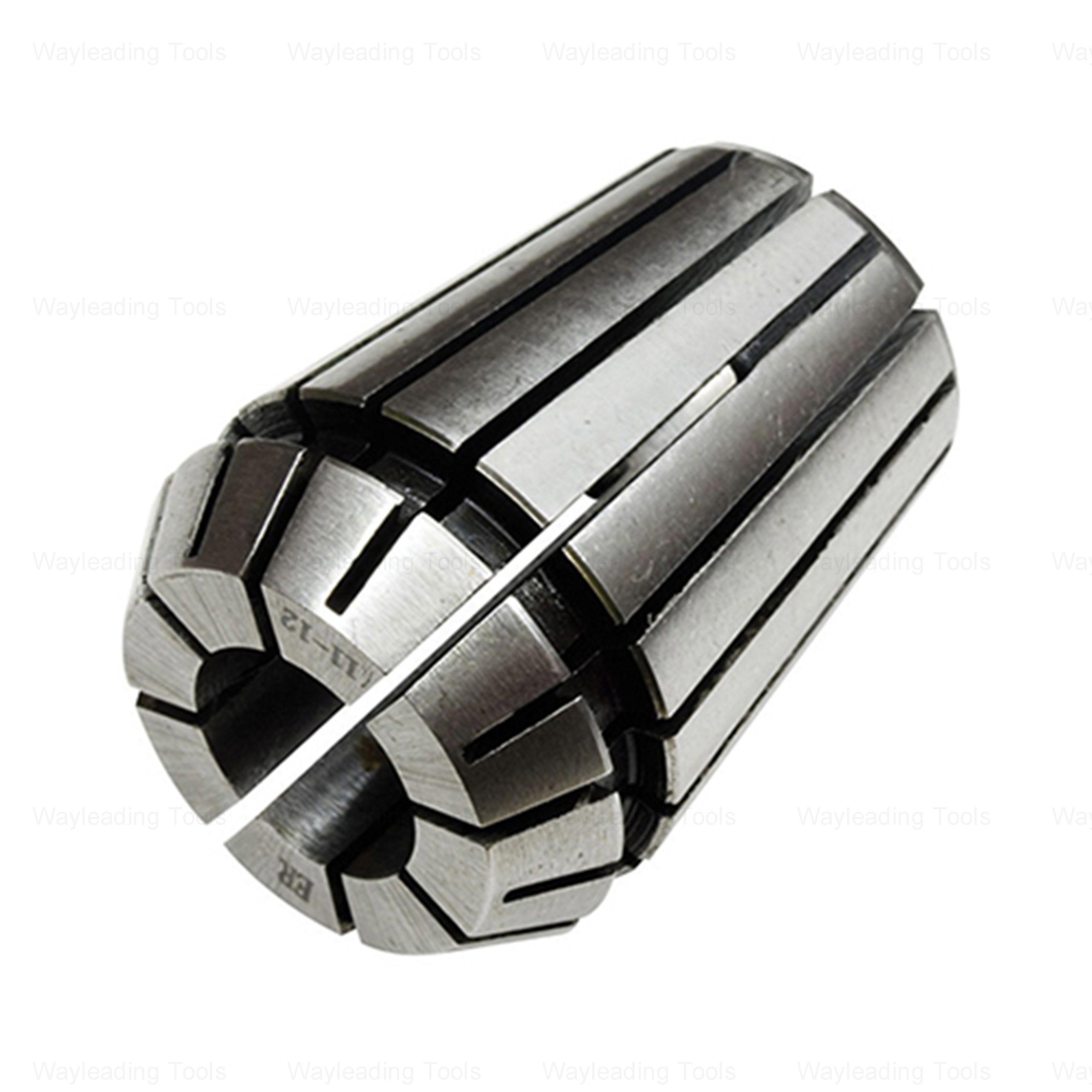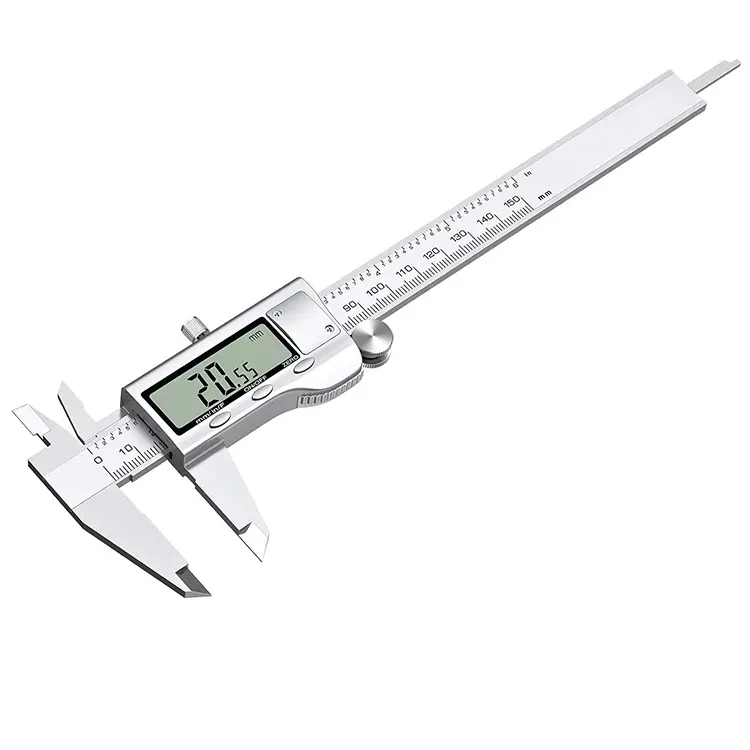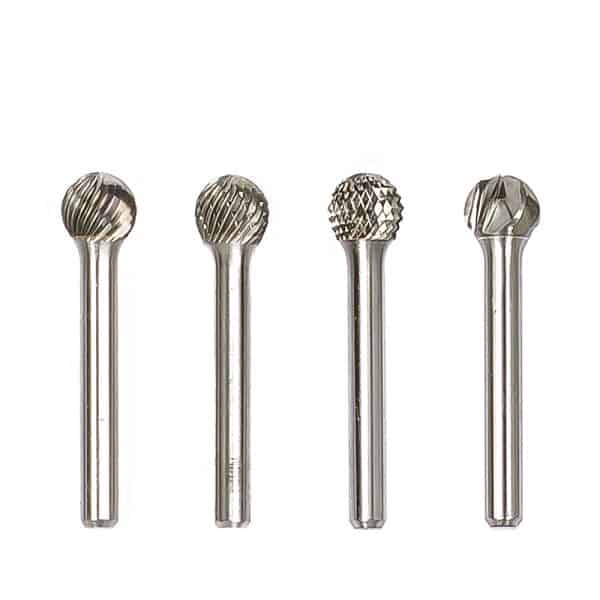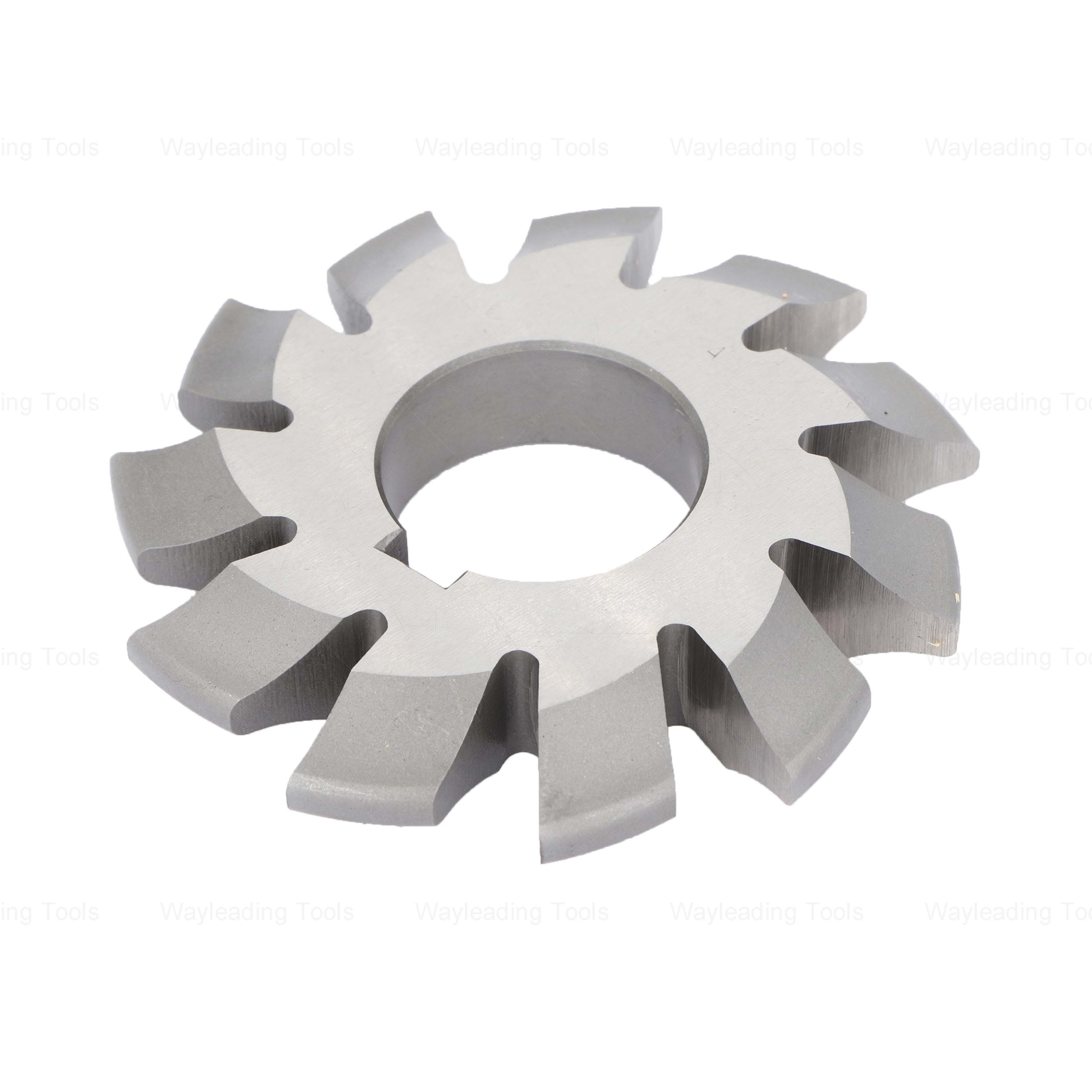Wholesale threading tool
A wholesale threading tool is a cost-effective solution for businesses requiring threading tools in bulk. This guide explores the various types of threading tools available for wholesale, their applications, and factors to consider when selecting the right tools for your needs.
Understanding Threading Tools
Threading tools are essential for creating screw threads on various materials like metal, plastic, and wood. These threads allow for the fastening of components using screws, bolts, and other threaded fasteners.
Types of Threading Tools Available for Wholesale
A wide range of threading tools is available for wholesale purchase. Each type is designed for specific applications and materials.
Taps
Taps are used to create internal threads in pre-drilled holes. They come in various sizes and thread standards (e.g., metric, UNC, UNF). Common types include:
- Hand Taps: Operated manually, typically in sets of three (taper, plug, and bottoming).
- Machine Taps: Designed for use in power tools like drill presses and CNC machines.
- Spiral Point Taps: Push chips ahead of the tap, making them ideal for through holes.
- Spiral Flute Taps: Pull chips back out of the hole, suitable for blind holes.
Dies
Dies are used to create external threads on rods or cylindrical workpieces. They also come in various sizes and thread standards. Common types include:
- Adjustable Dies: Allow for slight adjustments to the thread size.
- Solid Dies: Fixed thread size.
- Die Nuts: Used for re-threading damaged or dirty threads.
Thread Mills
Thread mills are rotary cutting tools used to create threads in a single pass. They are particularly useful for machining hard materials and producing threads with complex geometries.
Thread Chasers
Thread chasers are specialized tools used for cleaning and repairing existing threads. They are available for both internal and external threads.
Factors to Consider When Buying Wholesale Threading Tools
Selecting the right wholesale threading tool requires careful consideration of several factors.
Material Compatibility
The material being threaded significantly influences the choice of threading tool. For example, high-speed steel (HSS) taps are suitable for softer materials like aluminum and mild steel, while carbide taps are recommended for harder materials like stainless steel and cast iron.
Thread Size and Standard
Ensure that the threading tools match the required thread size and standard (e.g., metric, UNC, UNF). Using the wrong tool can damage the workpiece and the tool itself.
Tool Quality and Durability
Investing in high-quality threading tools is crucial for ensuring accuracy, longevity, and cost-effectiveness. Look for tools made from durable materials and manufactured to precise tolerances.
Application Requirements
Consider the specific application for which the threading tools will be used. For example, high-volume production may require machine taps or thread mills, while occasional use may be satisfied with hand taps and dies.
Supplier Reputation and Support
Choose a reputable supplier that offers reliable products, competitive prices, and excellent customer support. Consider suppliers like Wayleading Tools for their extensive range of threading solutions.
Applications of Threading Tools
Threading tools are used across various industries and applications.
- Manufacturing: Creating threaded components for machinery, equipment, and consumer products.
- Automotive: Repairing and maintaining threaded fasteners in vehicles.
- Construction: Fastening structural elements and installing plumbing and electrical systems.
- Aerospace: Manufacturing and assembling aircraft components.
- DIY and Home Improvement: Creating threaded connections for various projects.
Benefits of Buying Threading Tools Wholesale
Purchasing threading tools wholesale offers several advantages.
- Cost Savings: Wholesale prices are typically lower than retail prices, resulting in significant cost savings.
- Bulk Availability: Wholesale suppliers can provide large quantities of threading tools to meet specific needs.
- Inventory Management: Purchasing in bulk allows for efficient inventory management and reduces the risk of stockouts.
- Customization Options: Some wholesale suppliers offer customization options, such as custom thread sizes or tool markings.
Selecting the Right Supplier for Wholesale Threading Tools
Choosing a reliable supplier is essential for sourcing high-quality wholesale threading tool.
Factors to Consider
- Product Range: A wide range of threading tools, including taps, dies, thread mills, and thread chasers.
- Quality Assurance: Tools manufactured to precise tolerances and made from durable materials.
- Competitive Pricing: Competitive wholesale prices.
- Customer Support: Knowledgeable and responsive customer support.
- Delivery Options: Reliable and timely delivery options.
Comparing Suppliers
Compare different suppliers based on the factors listed above. Request quotes from multiple suppliers and evaluate their offerings carefully. Consider factors such as product quality, price, customer support, and delivery options.
| Supplier | Product Range | Price (Example) | Customer Support |
|---|---|---|---|
| Wayleading Tools | Extensive range of taps, dies, and thread mills | Competitive wholesale pricing | Excellent customer support and technical assistance |
| Supplier B | Limited product range | Higher prices | Slow response times |
Conclusion
Purchasing wholesale threading tool is a strategic decision for businesses seeking cost-effective solutions for their threading needs. By carefully considering the factors outlined in this guide and choosing a reputable supplier, businesses can ensure they have access to high-quality tools that meet their specific requirements. A wide variety of options ensures that you can find the perfect tools to complete any threading job efficiently and effectively. Remember to consider material compatibility, thread size, tool quality and supplier reputation to make the best choice.
Related products
Related products
Best selling products
Best selling products-
 Metric ER Collets – High Precision, for Milling Applications
Metric ER Collets – High Precision, for Milling Applications -
 HSS Inch Screw Slotting Saws For Industrial With Bright Or TiN Coated
HSS Inch Screw Slotting Saws For Industrial With Bright Or TiN Coated -
 DIN4971-ISO1 Carbide Tipped Tool Bit With Right And Left Hand
DIN4971-ISO1 Carbide Tipped Tool Bit With Right And Left Hand -
 5C Hex Collet With Inch and Metric Size
5C Hex Collet With Inch and Metric Size -
 Precision Digital Caliper Of Metal Case For Industrial
Precision Digital Caliper Of Metal Case For Industrial -
 Type H Flame Tungsten Carbide Rotary Burr
Type H Flame Tungsten Carbide Rotary Burr -
 Precision Micrometr Holder For Micrometer
Precision Micrometr Holder For Micrometer -
 Carbide Tipped Hole Cutter For Cutting Stainless Steel And Iron Or Steel Plate
Carbide Tipped Hole Cutter For Cutting Stainless Steel And Iron Or Steel Plate -
 Type D Ball Tungsten Carbide Rotary Burr
Type D Ball Tungsten Carbide Rotary Burr -
 Indexable Spade Drill Holder With Helical Flute Holder And Taper Shank
Indexable Spade Drill Holder With Helical Flute Holder And Taper Shank -
 Precision V Block And Clamps Set With Industry Type
Precision V Block And Clamps Set With Industry Type -
 Plain Back ER Collet Fixture With Lathe Collet Chuck
Plain Back ER Collet Fixture With Lathe Collet Chuck










